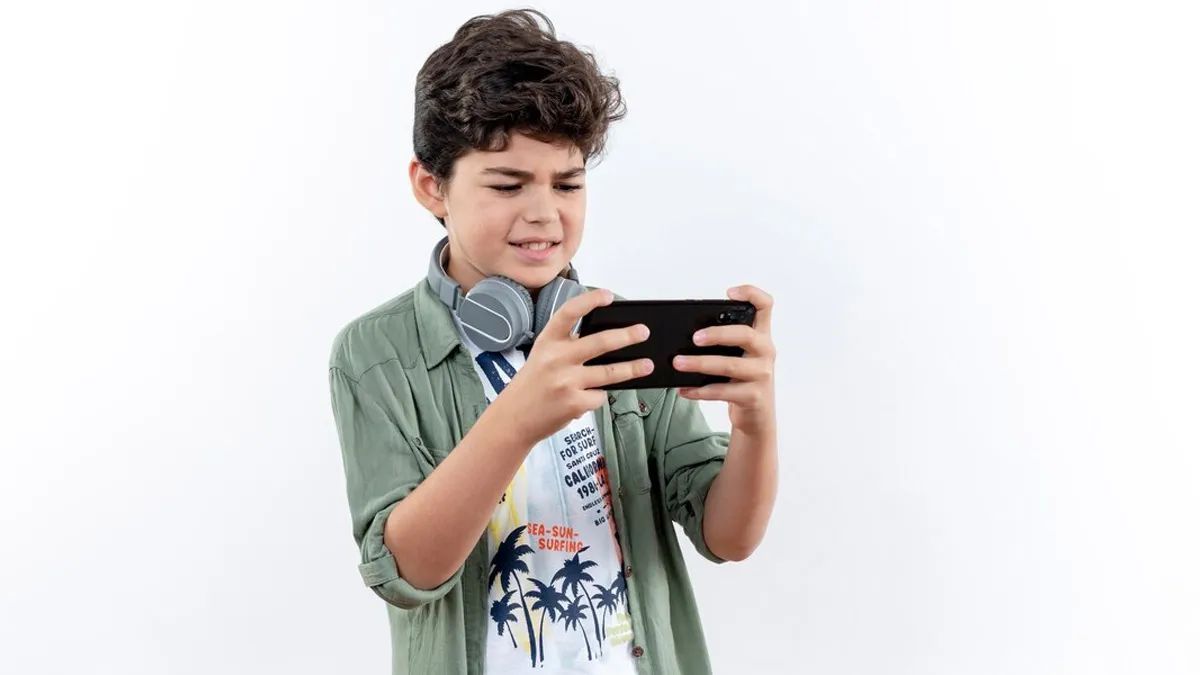
Teens Developing Fear After Watching Violence on Social Media, Says Study: Psychologist Says What To Do
In today's world, it is almost impossible to restrain your children from engaging in social media. But, as per a study, if they consume violent content online, it has a massive impact on their minds. The research was done by the UK-based Youth Endowment Fund, which found the majority of the respondents felt unsafe to go out after watching weapon-related reels, stories, and the like. Dr. Arvind Otta, senior psychologist and mental health activist, says that while social media is a good platform for information and entertainment, "there’s a much darker side to it than what meets the eye." Here's more to what he said.
Teens Feeling Scared After Watching Violence on Social Media?
The Youth Endowment Fund study stated, "The vast majority (80%) of those who saw weapons on social media said it made them feel less safe in their local areas, while 68% said it made them less likely to go out."
It added that more than half, which means 58%, said that watching weapons and arms on social media gave them a feeling that carrying ammunition is a normal part of daily life. Dr. Otta agrees that graphic content is now more prevalent and accessible, which "can create anxiety and fear amongst teenagers, affecting their daily lives and social interactions."
So, what are the psychological effects on adolescents caused by violence? "Violence they see socially can have severe impacts as multiple and continual exposures to such scenes can increase the level of anxiety and result in depression," says the mental health activist.
He continues that exposure to trauma and violence also leads to stress symptoms, and sharpened feelings of insecurity, helplessness, and hopelessness. "This may appear in the form of avoidance behaviors, in which some teens may avoid going to places considered unsafe or sometimes become withdrawn from most social situations," Dr. Otta adds.
1
2
3
4
Don't Miss: 'Likes' Not Curbing Loneliness? How Social Media Is Fueling Youth Depression, As Per Psychologist
Further, aggressive content on social media gives rise to self-identity issues in teenagers, he points out. "Adolescent teens, who are at an important time in developing a sense of self, might get a twisted idea by violent content from what should be normal or desirable behavior. With this, they are internalizing aggression and could become someone who actually leads to aggression in social interactions," he says.
Moreover, their ethics may also get moulded as per what's shown on the Internet, Dr. Otta warns.
4 Ways To Save Teens From Consuming Violent Content Online
As per Dr. Otta, there are many ways and tactics in which a child can be prevented from watching violent content on social media. Here are 4 top ones:
1) Parental Control
Parents and guardians have a vital role in softening the effects of violent content that is found on social media. Let your teenage son or daughter talk about the complex nature of social media interactions. This can help them understand what is perceived about him or her as they explore the web. Furthermore, the child may feel secure talking to his or her parents about his or her fears about the things they saw online.
2) Take Control Of Your Child's Feed
Parents should set a limit on the use of social media platforms and develop critical thinking on what is being consumed. Unfollow all the accounts and pages that promote violence and intentionally make the teenager follow positive influencers who encourage healthy discussions and promote a more optimistic worldview.
3) Set Limitations
Keep a record of how much social media consumption your child does on a daily basis and set a time limit to reduce their overall media exposure. This would not only help reduce the consumption of distressing content but would also give them time to do more productive activities.
4) Engage Them in Offline Activities
It is crucial to engage your child in more productive activities. Spending more time doing what they like, for example, playing outside or writing a journal, is a good way to redirect their energy.
Don't Miss: Why As A Gen-Z I Want You To Talk About Mental Health With Your Kids
If you liked the story, please share it. For more such articles, stay tuned to HerZindagi.
1
2
3
4